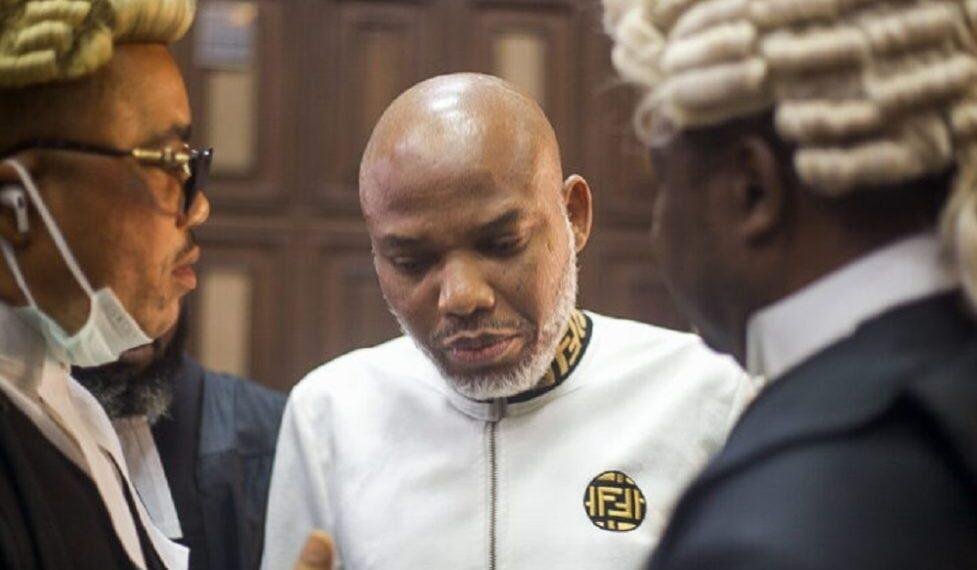In Nigeria’s South East, a region once celebrated for its entrepreneurial drive and cultural heritage, insecurity has tightened its grip, disrupting daily life and economic activities. At the center of this turmoil is Mazi Nnamdi Kanu, the detained leader of the Indigenous People of Biafra (IPOB), whose prolonged incarceration has fueled agitation and unrest. But as pressure mounts for his release, the lingering question remains: Would setting Kanu free truly restore peace and stability?
Supporters of Kanu argue that his continued detention has become a symbol of marginalization, reinforcing grievances that fuel the crisis. They believe his release could ease tensions, end the crippling Monday sit-at-home protests, and disarm the narrative of persecution that many believe sustains the unrest.
Politically, some analysts suggest that freeing Kanu could be a strategic move for the government, potentially shifting voter sentiments ahead of future elections. X (formerly Twitter) is flooded with discussions on whether his release could serve as a peace offering, fostering dialogue between the federal government and the South East. Kanu himself has boldly claimed that peace would return “within two minutes” of his freedom, a sentiment echoed by traditional rulers and key political figures who see him as instrumental in calming tensions.
Read Also: Release Nnamdi Kanu to resolve South-East crisis, Igbo group urges Tinubu
Beyond politics, the economic toll of the ongoing crisis is undeniable. The enforced sit-at-home orders have paralyzed businesses, with local markets, transport services, and financial institutions suffering massive losses. Many business owners hope that Kanu’s release would mark the end of these disruptions, unlocking economic growth and stability in a region desperate for relief.
However, not everyone shares this optimism. Anambra State Governor Charles Soludo has warned that the security situation has evolved beyond Kanu’s influence, with criminal elements exploiting the chaos for their own gain. Reports suggest that armed gangs, initially aligned with the Biafran cause, have since splintered into independent factions engaged in kidnappings, extortion, and violent attacks. This raises a critical concern: Would Kanu’s release truly end the bloodshed, or have these groups already outgrown his control?
Security experts argue that the South East’s challenges are far more complex than Kanu’s detention. The region faces deep-seated issues, including unemployment, political alienation, and organized crime, all of which contribute to the cycle of violence. Even if Kanu walks free, these problems won’t disappear overnight. Some fear that his release could embolden separatist sentiments rather than suppress them, potentially triggering new waves of unrest.
Online discussions on X and recent reports paint a divided picture. While some social media commentators believe that call for Kanu’s release as a possible step toward peace, Others disagree that many of the criminals operating in the region no longer take orders from Kanu. If that’s the case, then how much control does he really have? And if the violence persists even after his release, what then?
Ultimately, Kanu’s freedom is no magic solution. While it might address some grievances and momentarily ease tensions, the deeper crisis in the South East demands a more comprehensive approach—one that includes economic development, political inclusion, and genuine dialogue. Without these, the region risks trading one form of unrest for another. Peace might involve Kanu, but it certainly doesn’t depend on him alone.






